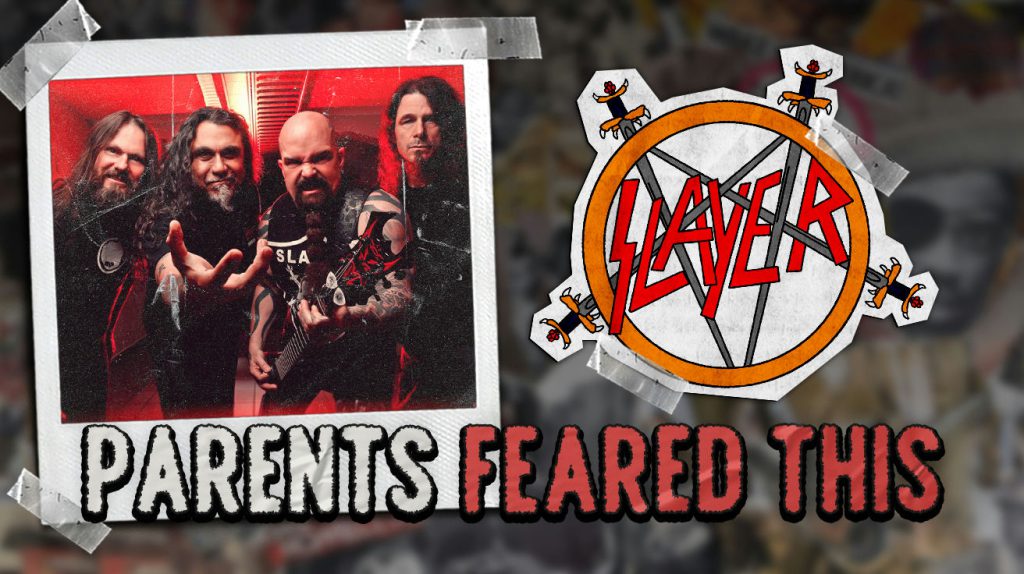
Metal didn’t just happen overnight—it clawed its way out of Birmingham’s industrial haze in 1970 and proceeded to colonize every corner of the musical universe. From proto-metal pioneers who accidentally invented Satan’s soundtrack to modern djent wizards making calculators weep, these ten bands didn’t just influence heavy music—they rewrote its DNA. Each group on this list either created a new template, perfected an existing one, or kicked down doors that nobody knew existed.
10. Black Sabbath
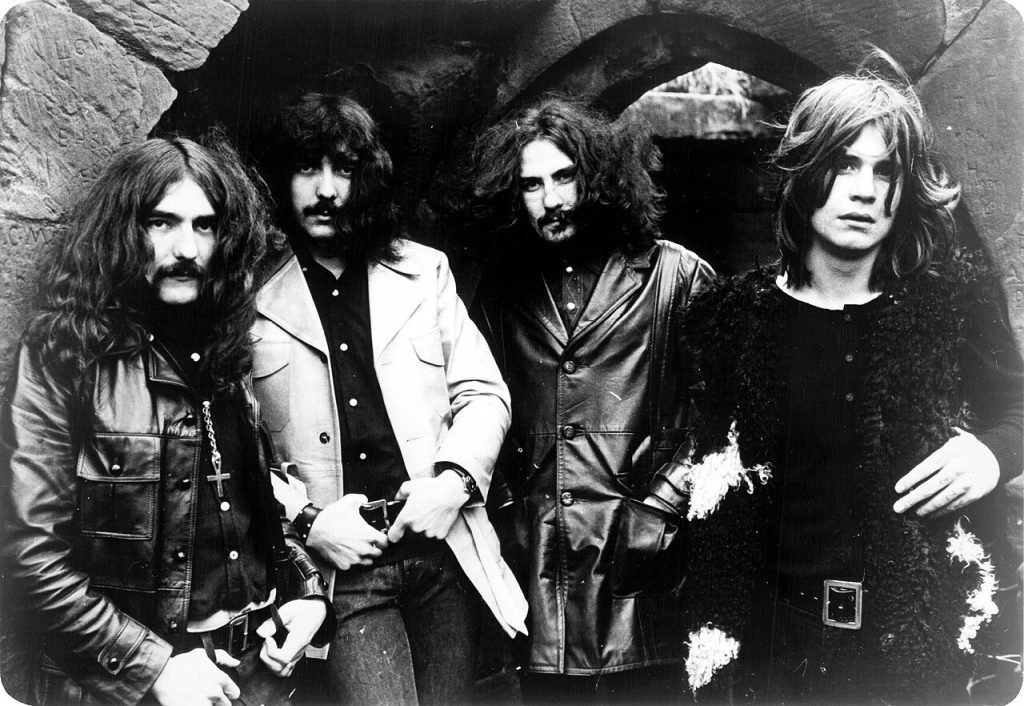
When Tony Iommi lost his fingertips in a factory accident and decided to tune down his guitar, he accidentally birthed an entire genre. Black Sabbath’s 1970 debut didn’t just set the template for heavy metal—it created the blueprint that every subsequent metal band would either follow or rebel against. Their crushing riffs, occult imagery, and Ozzy’s banshee wails transformed blues-based rock into something altogether more menacing. The band that named themselves after a Boris Karloff film basically invented musical horror, proving that sometimes the best art comes from the worst neighborhoods.
9. Led Zeppelin
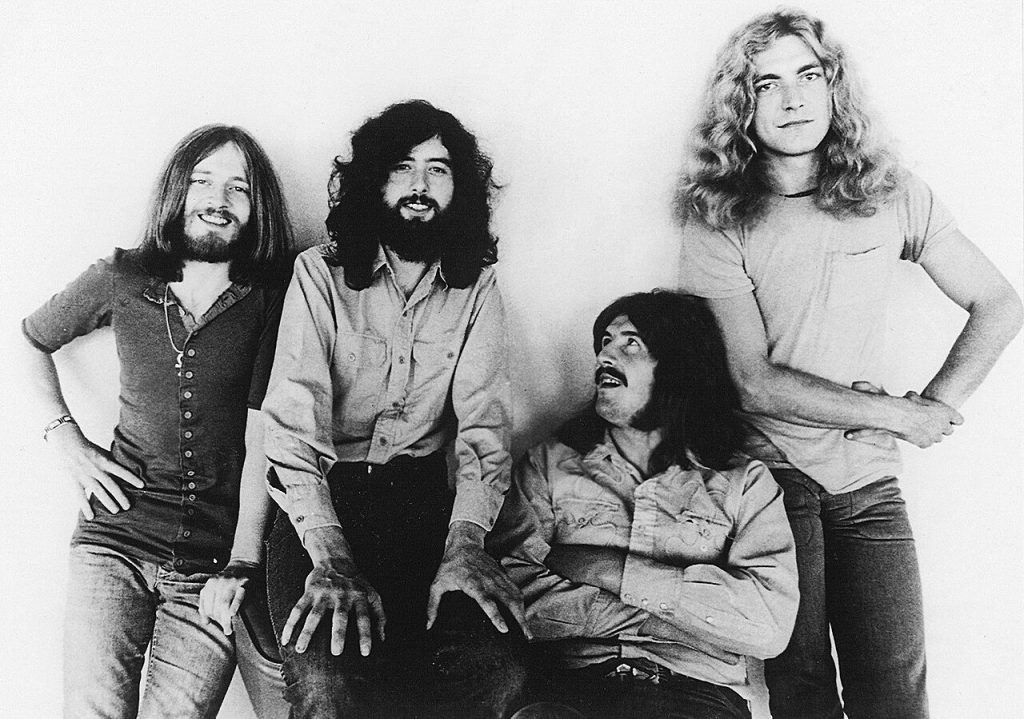
While purists debate whether Zeppelin belongs in the hard rock or metal camp, their influence on heavy music is undeniable. Their guitar-heavy sound and mythological themes provided the sonic foundation that countless metal bands would build upon. Jimmy Page’s riff mastery and Robert Plant’s operatic vocals created a template for epic, theatrical heavy music that resonated worldwide. They proved that heavy didn’t have to mean crude, and their global success opened doors for every metal band that followed.
8. Deep Purple
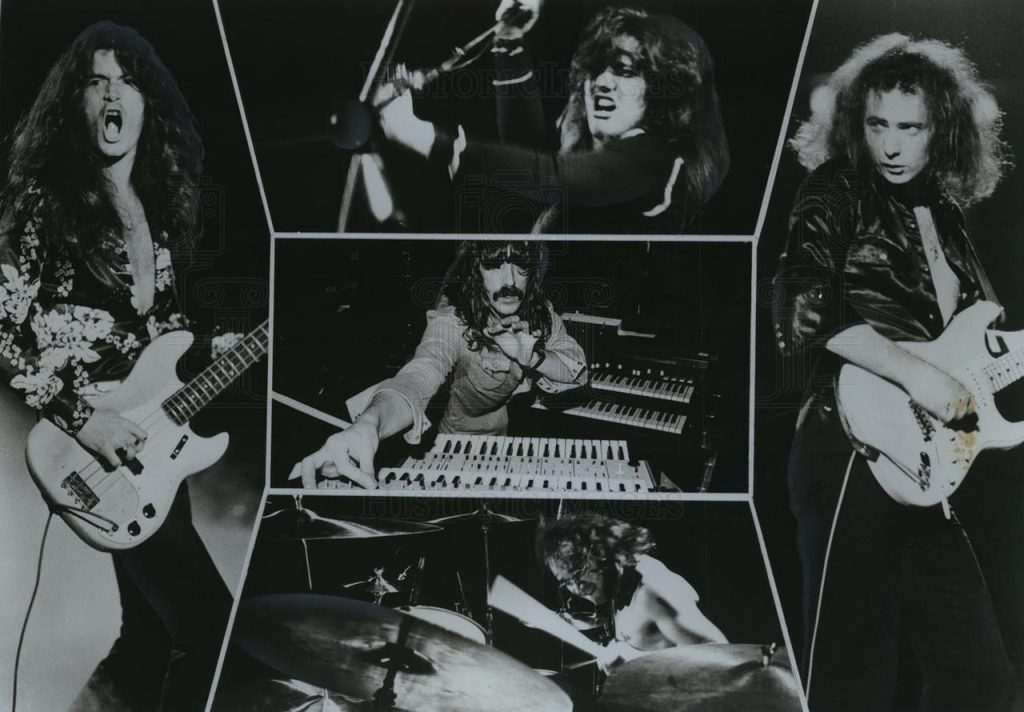
As part of the proto-metal trinity alongside Sabbath and Zeppelin, Deep Purple brought classical training to heavy music, creating a more sophisticated approach to crushing volume. Albums like “Deep Purple in Rock” and “Machine Head” showcased their ability to merge virtuosic musicianship with bone-rattling heaviness. Ritchie Blackmore’s neoclassical guitar work and Jon Lord’s Hammond organ theatrics influenced everyone from Yngwie Malmsteen to Symphony X, proving that metal could be both brutal and brilliant.
7. Judas Priest

Rob Halford’s operatic shriek and the band’s twin-guitar assault didn’t just define metal’s sound—they created its entire aesthetic vocabulary. Judas Priest cemented the leather-and-studs look that became metal’s visual language, while their powerful vocals and dual-guitar harmonies established sonic templates still used today. They bridged the gap between early metal’s blues influences and the more aggressive sounds that would follow, essentially teaching metal how to look as dangerous as it sounded.
6. Iron Maiden

Iron Maiden emerged from Britain’s New Wave of Heavy Metal movement with a unique combination of galloping rhythms, melodic twin guitars, and Bruce Dickinson’s air-raid-siren vocals. Their theatrical stage shows featuring Eddie the mascot and epic songwriting based on literature and history influenced an entire generation of bands. They demonstrated that metal could be both intellectually engaging and viscerally powerful, inspiring everyone from thrash pioneers to progressive metal architects.
5. Motorhead
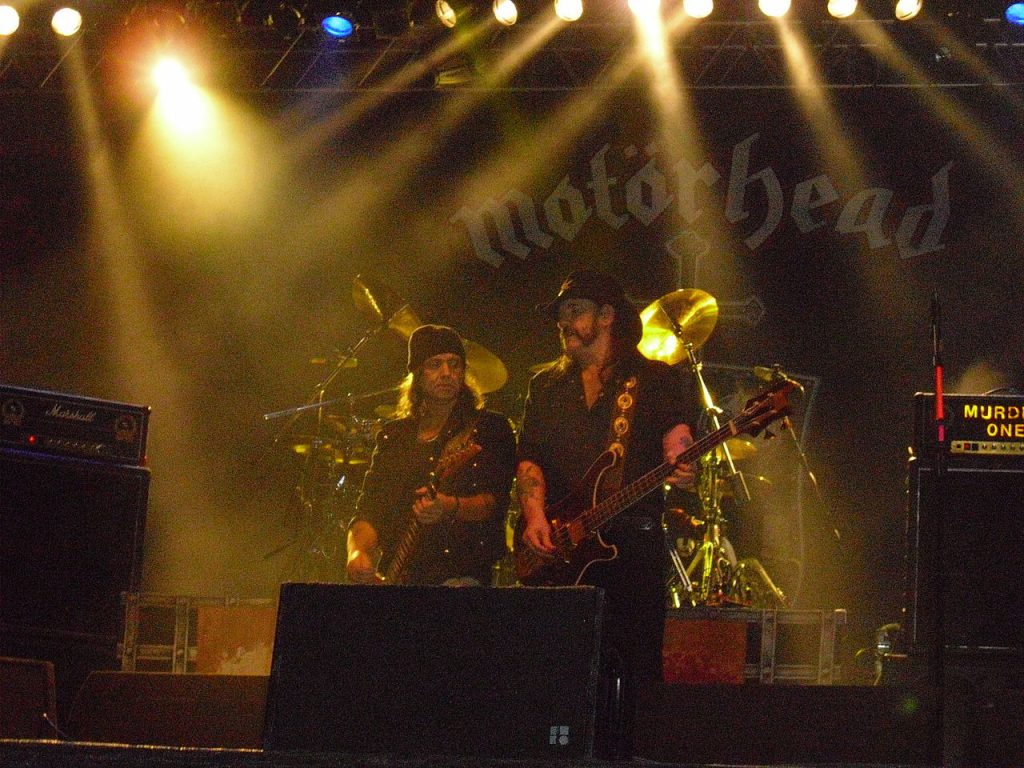
Lemmy Kilmister’s ragged bass tone and the band’s relentless speed bridged the gap between punk’s attitude and metal’s power, essentially inventing speed metal in the process. Motörhead’s raw aggression and iconic anthems like “Ace of Spades” defined metal’s rebellious spirit as much as its sound. Their influence on thrash metal is immeasurable—without Lemmy’s “louder than everything else” philosophy, bands like Metallica and Slayer might never have found their voice.
4. Metallica

Metallica took the underground thrash movement and made it globally palatable without completely sacrificing its edge. Albums like “Master of Puppets” showcased technical excellence and powerful songwriting that influenced countless musicians worldwide. Their commercial breakthrough with “The Black Album” proved that extreme music could achieve massive mainstream success, opening doors for metal bands everywhere. They’re arguably the most recognizable metal band on the planet, having sold over 125 million albums worldwide.
3. Slayer
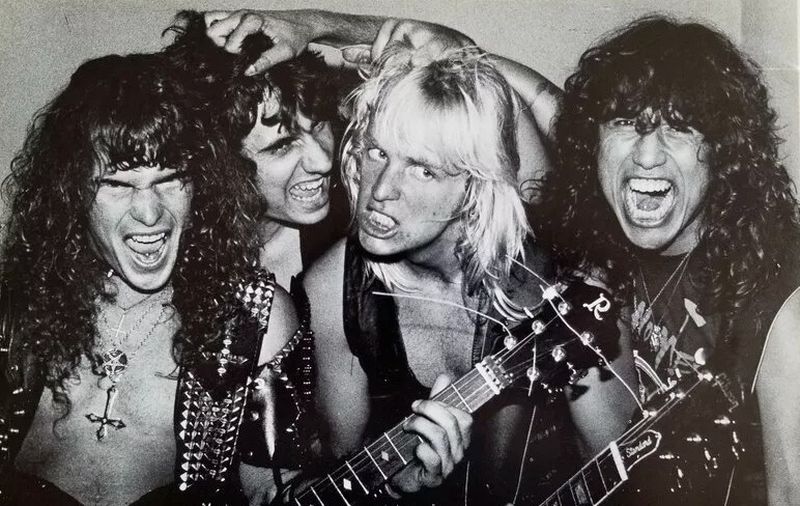
When it comes to pure sonic brutality, Slayer wrote the manual that extreme metal bands still reference today. Their lightning-fast riffs, relentless double-bass drumming, and controversial imagery pushed metal into previously uncharted territories of aggression. Albums like “Reign in Blood” influenced the entire landscape of death metal, black metal, and hardcore, proving that sometimes the best way forward is to simply play faster and harder than everyone else.
2. Death
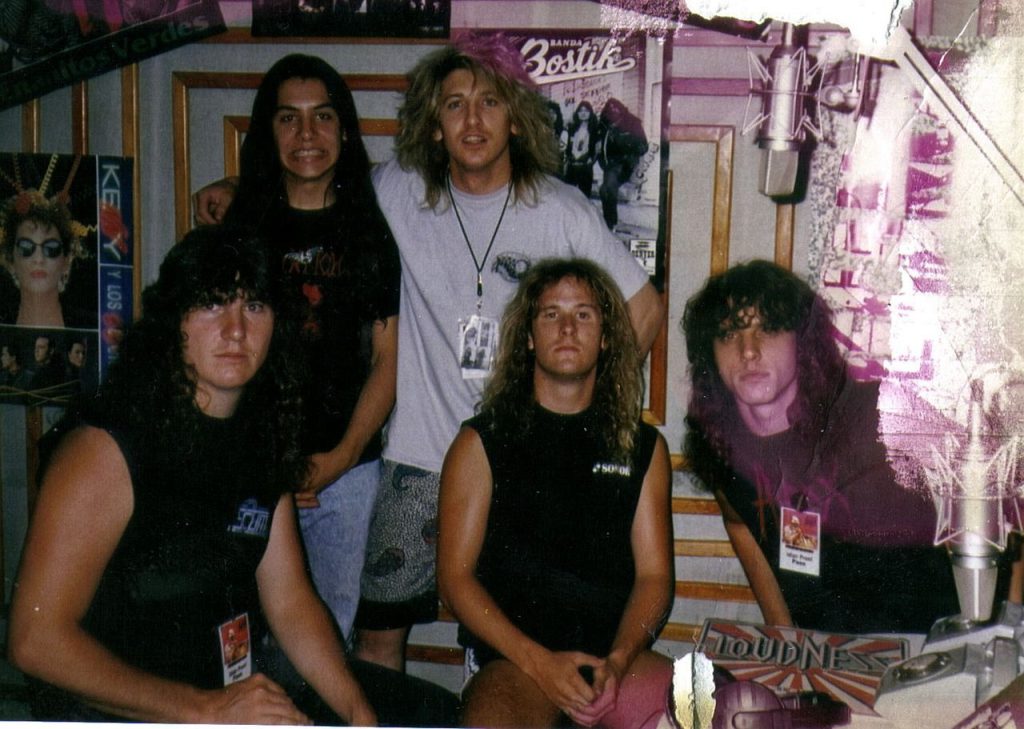
Chuck Schuldiner and Death are widely credited with creating the death metal template, though some argue Possessed got there first. Regardless of timing, Death’s influence on extreme metal is broader and more lasting than any of their contemporaries. Their combination of technical musicianship, brutal vocals, and complex songwriting created a new standard for extreme music that influenced everyone from Opeth to Gorguts. They proved that brutality and sophistication weren’t mutually exclusive concepts.
1. Dream Theater

Dream Theater established progressive metal as a legitimate subgenre, combining the technical complexity of prog rock with metal’s power and aggression. Their virtuosic musicianship and concept-driven albums like “Metropolis Pt. 2” influenced the entire modern prog metal movement, from Tool to Periphery. They demonstrated that metal could be both intellectually challenging and emotionally satisfying, inspiring countless musicians to push technical boundaries while maintaining heavy music’s essential power.





















